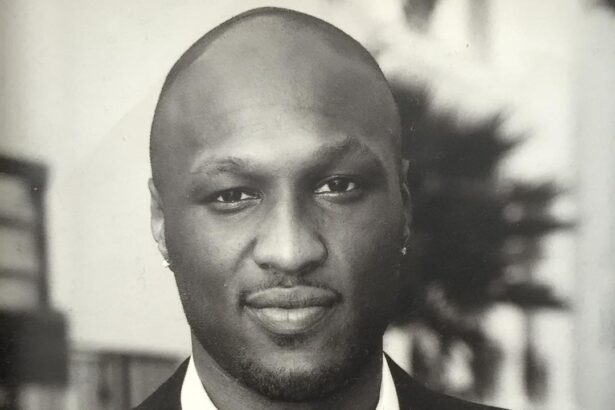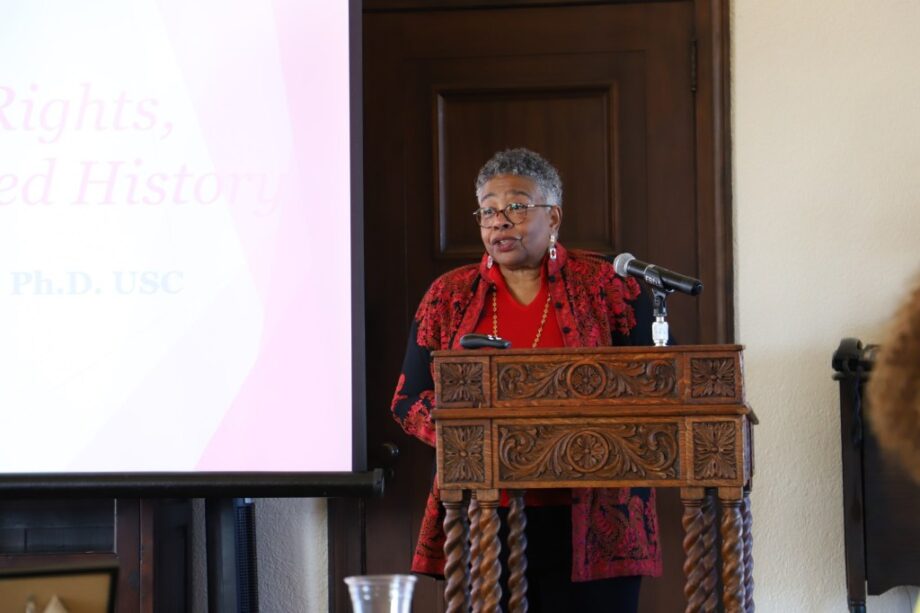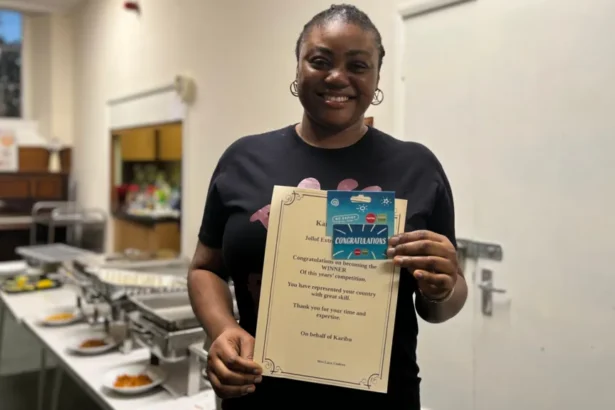As the March primary elections approach, The Ebell of Los Angeles held a conversation focused on the significant role played by Black women in the struggle for voting equality, as part of its programming centered on women’s issues.
During a “coffee talk” session at the Mid-Wilshire nonprofit on Wednesday, Feb. 21, USC historian Francille Rusan Wilson discussed the prolonged battle Black women waged from the passage of the 19th Amendment in 1920 — granting women the right to vote — until the Voting Rights Act of 1969. Approximately 40 diverse women in attendance reflected on the impact of Black suffragettes, particularly given the ongoing discrimination and bias that Black women faced.
Before her presentation, Wilson stated, “Black women activists were multifaceted in their causes. They advocated for women’s voting rights, human rights, social justice, and were deeply concerned about racial issues.”
The event showcased lace outfits worn during the Suffrage Movement, a time when women fought for voting rights through organized protests. Notable Black women activists from that era, such as Ida B. Wells and Mary Church Terrell, were featured in posters.
Dr. Wilson, an associate professor of American Studies and Ethnicity, and director of the Black Studies Initiative at USC, was recognized with the Woodson Scholars Medallion for her decade-long contributions to the field. She highlighted the historical advocacy efforts of Black women who not only fought for gender and racial equality but also supported the voices of marginalized groups, including Native American, Puerto Rican, and Filipino women denied voting rights in overseas territories.
In 1848, the absence of Black women at Seneca Falls, the inaugural women’s rights convention, marked the beginning of a prolonged history where white women often prioritized their rights, leaving Black women to fight separately for their own, resulting in a 45-year gap between the groups gaining suffrage, according to Wilson.
Wilson emphasized the intertwined nature of the women’s suffrage movement and the anti-slavery cause, sharing that by the time the 19th Amendment was passed, it reflected the persistent efforts of second and third-generation Black women activists striving for voting rights.
Referring to the significance of the Black female and women of color vote, Wilson cautioned against efforts to suppress minority, poor, and youth voters, citing the passage of restrictive voting laws in multiple states. Highlighting the impact of Black women voters, she noted that in the 2020 election, 95% of Black women supported Joe Biden, underscoring the crucial role they play in Democratic electoral success.
Attendee Carol Bennett emphasized the necessity for all Angelenos to acknowledge and understand the sacrifices made by Black women in securing voting rights, expressing her commitment to voting in the upcoming presidential election. She recognized the legacy of perseverance and civic engagement passed down by her family, underscoring the importance of participating in the democratic process despite its challenges.
Similarly, L.A. resident Jackie Jackson stressed the pivotal role of voting, especially for Black women who have consistently made critical electoral decisions. She echoed sentiments about the historical significance of Black women voters in safeguarding democracy through their active political engagement.
Madelyn Murray, an Ebell of L.A. member who organized the event, commended Dr. Wilson’s expertise and the historical context she provided, highlighting the Ebell’s commitment to hosting diverse and enlightening events. The Ebell of Los Angeles has curated various programs during Black History Month, including a jazz performance by Bennie Maupin and upcoming panels focusing on African American women in politics and a field trip to the Wilfandel Club dedicated to Black women.
For more information, visit ebellofla.org











